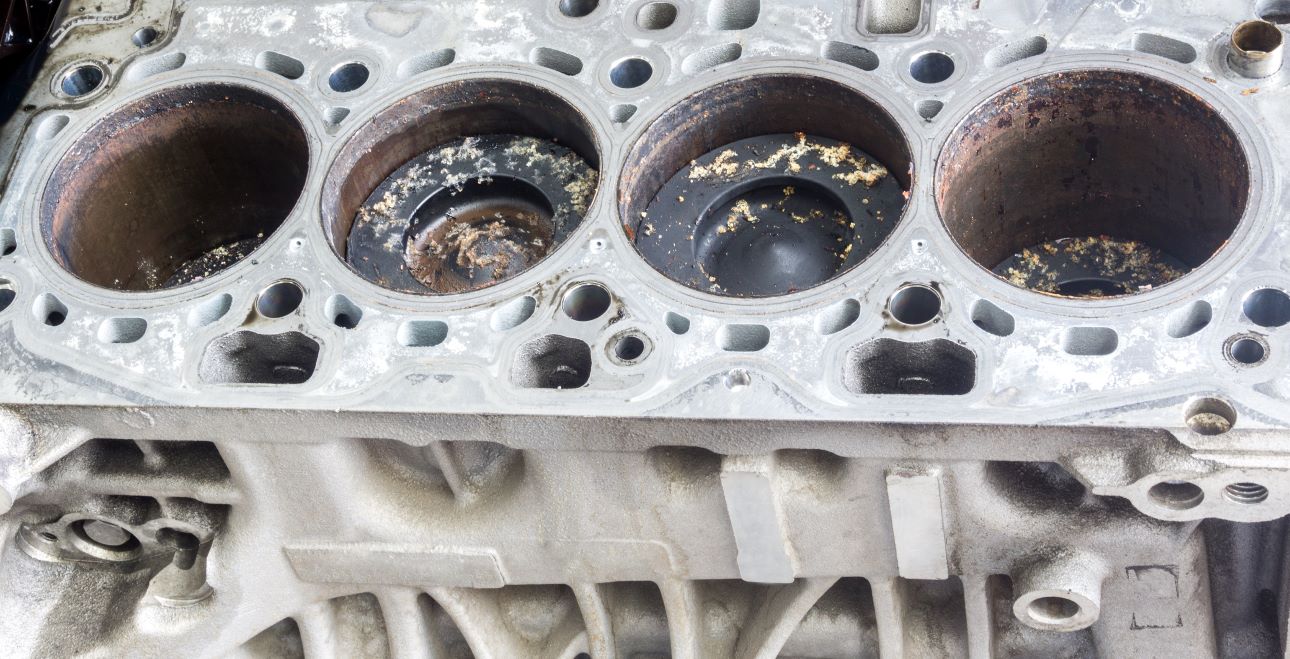Corrosion inhibitors help to decrease maintenance costs and lengthen the useful life of the equipment. Texalene 7275 corrosion inhibitor can be added to hydrocarbons at various stages in the production process and provides multi-metal protection.
Potentially corrosive contaminants are more prevalent in bio-based and oxygenated fuels. With the demand for these types of fuels rising, so does the need for Texalene Corrosion Inhibitors throughout the fuel supply chain.



